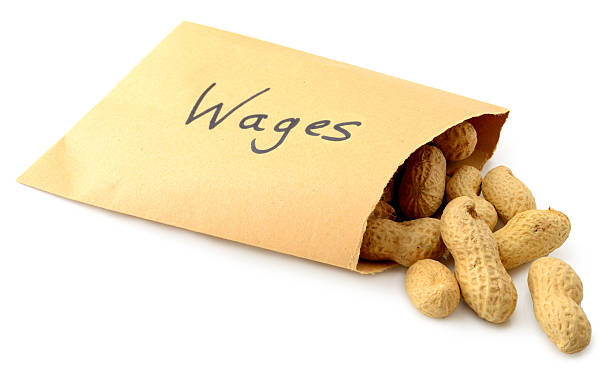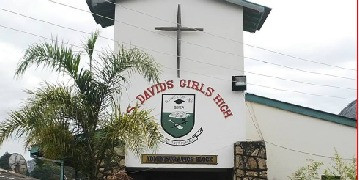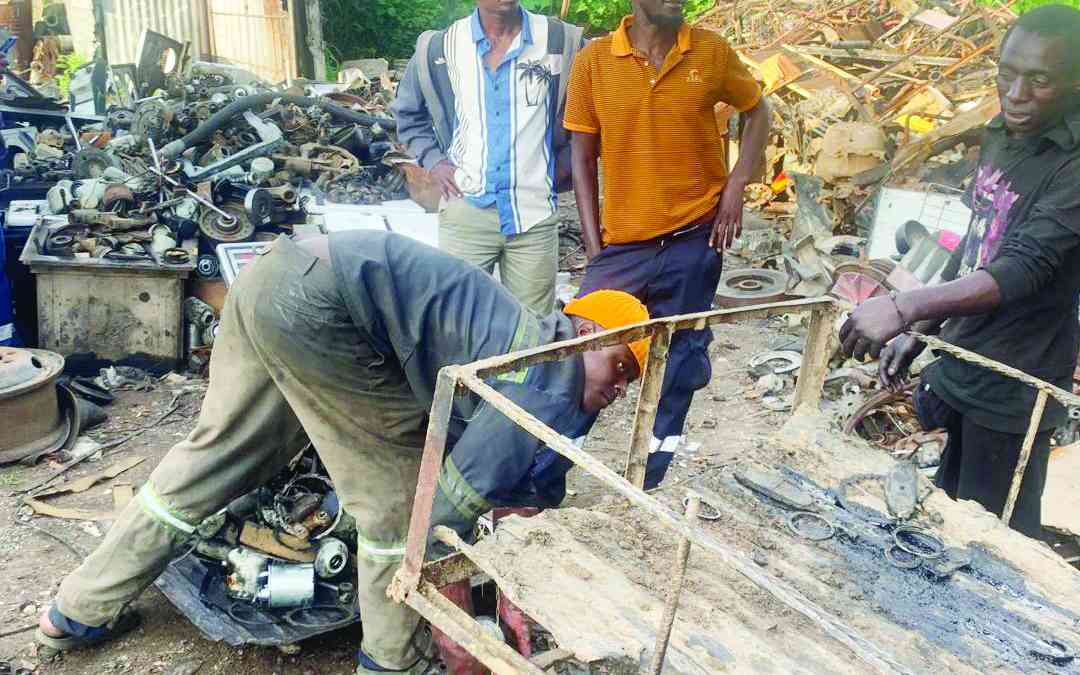
BY TAURAI MANGUDHLA
ZIMBABWE joins the rest of the world to celebrate Workers’ Day tomorrow, but there is a groundswell of discontent among workers in the private and public sector.
Teachers have turned competitors to their employer, conducting extra lessons for a fee on school premises, while some members of the uniformed forces have become the deadliest armed robbers as they seek to make ends meet.
Fraud has been on the rise within corporates as desperate and criminal minds dip their fingers in cookie jars.
In the civil service and many other private companies, the majority of workers are earning below a living wage and supplement their pay with side hustles such as selling vegetables as well as selling second-hand clothes and groceries.
“It is clear that our employer has no interest in improving our salaries, hence I have to juggle between conducting extra-lessons and selling second-hand clothes,” says Martha Nyatanga of Kuwadzana.
Despite the low salaries, workers are overtaxed to as much as 40%, labour unionist Peter Mutasa said.
“Workers in Zimbabwe are underpaid and over taxed…labour should be demanding that we have a review of tax systems,” Mutasa said.
- Chamisa under fire over US$120K donation
- Mavhunga puts DeMbare into Chibuku quarterfinals
- Pension funds bet on Cabora Bassa oilfields
- Councils defy govt fire tender directive
Keep Reading
Across industry, there have been a series of job actions.
Successive teachers’ strikes are yet to produce meaningful results.
Government last Thursday urged teachers to be patient, saying they cannot afford to increase their salaries each time schools re-opened.
Schools open on Tuesday and already educators have threatened not to report for duty saying they are incapacitated because their salaries have been eroded by inflation.
Teachers want the government to revert to their pre-October 2018 salary of US$540.
The security sector is also underpaid, but prohibited from job boycotts.
There have been rising cases of armed robberies perpetrated by members of the uniformed forces.
The robberies have become more sophisticated, implying a certain level of training in weapons and law enforcement systems among the criminals.
Security personnel have been linked to the historic US$2,7 million ZB Bank heist of 2021 along the Harare-Chinhoyi highway.
Former police and army members were also part of the December 2021 crew that attacked former CID homicide detective Joseph Nemaisa’s Chadcombe home.
Teachers have resorted to all manner of tactics, including forcing each child to pay extra tuition fees directly into their pockets for extra lessons.
Parents are left with no choice but to pay amid cases of victimisation or neglect of pupils who do not pay for extra lessons.
“While I am away for the census, please make sure you buy the holiday work booklet for US$5,” wrote a primary school teacher with a government school in Warren Park in the class group.
An almost similar message was received by parents across the country who have no choice but to accept the teacher’s “hustle”.
Although corporates are reporting glossy figures at the end of their various reporting periods, some companies are finding the going tough and facing closure.
Foreign currency shortages, that hit the country as early as 2015 and became more pronounced each year thereafter, have seen corporates unable to import critical raw materials and spares, forcing some downtime.
As a result, capacity utilisation has dwindled across industry with the Covid-19 pandemic worsening the situation since 2020.
Like a generational curse which became apparent around 2000 with the massive job losses as commercial farming crumbled after the fast track land reform that displaced thousands of commercial white farmers, no solutions seem to be in sight.
Bad policy decisions thereafter decimated the economy to record levels of hyperinflation around 2007 and 2009 just before introduction of a United States dollar dominated multiple currency regime, eroding the little that workers earned.
Today, fears the economy will plunge back into the doldrums, with retails shops going empty and companies shutting down, are rife especially among those who survived the hyperinflation era.
Workers find themselves between a rock and hard place, the biggest question being whether to demand better pay or make do with whatever they are earning.










